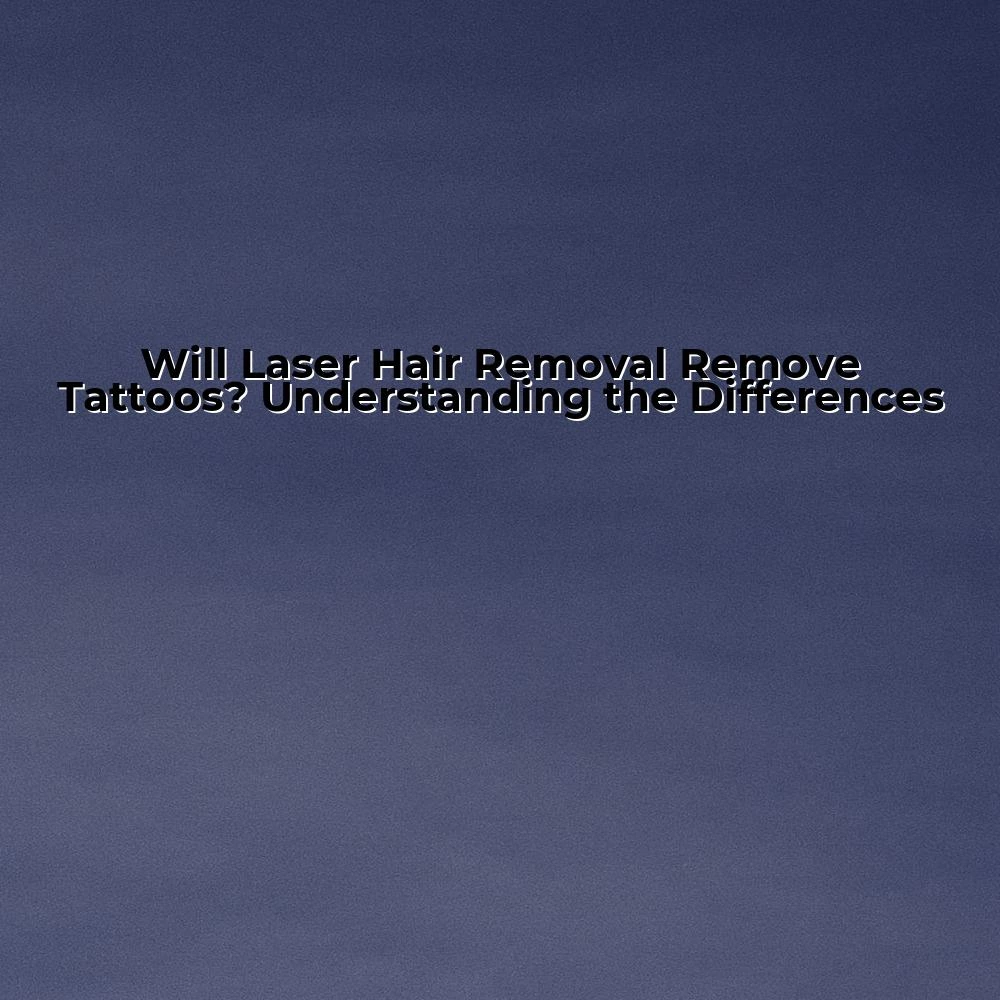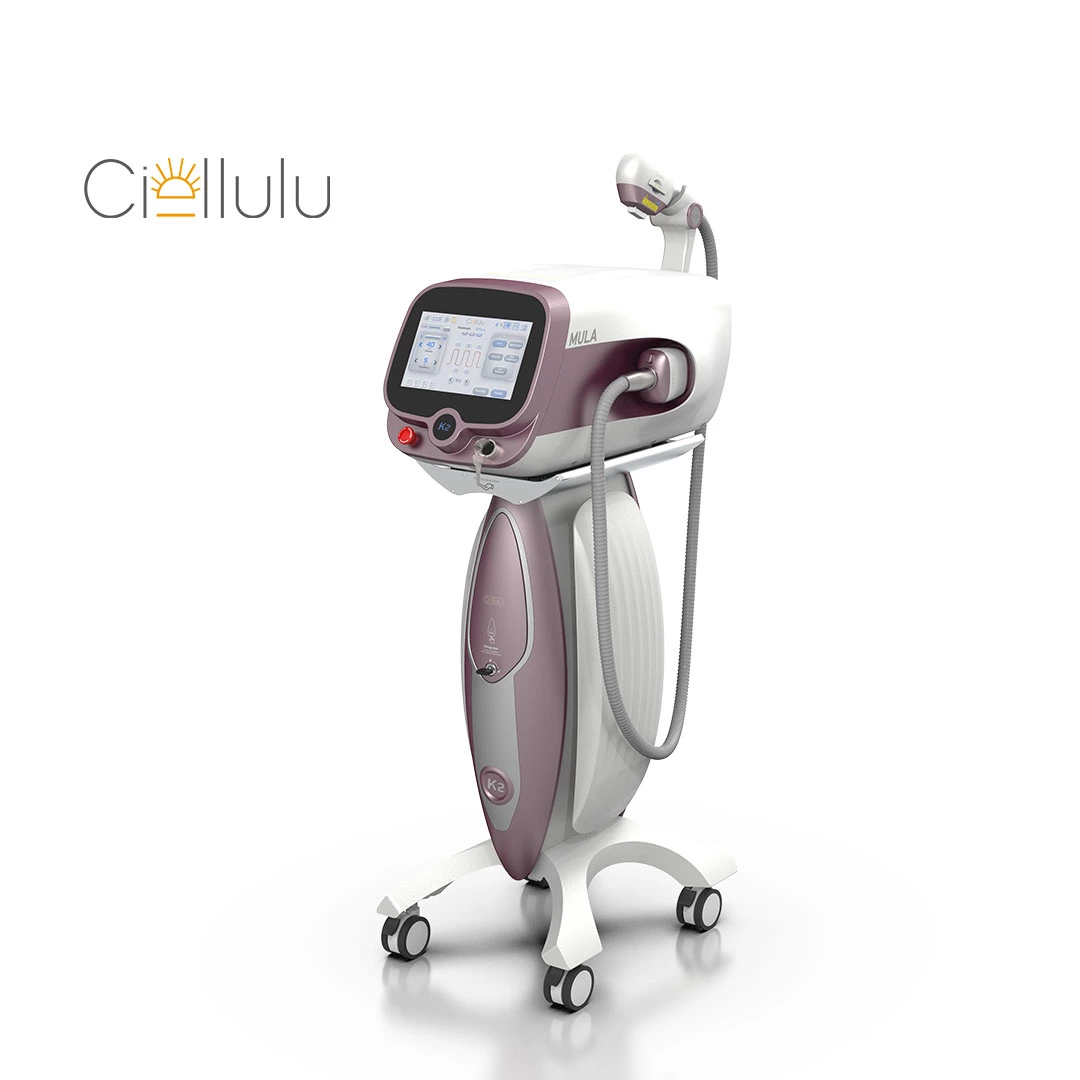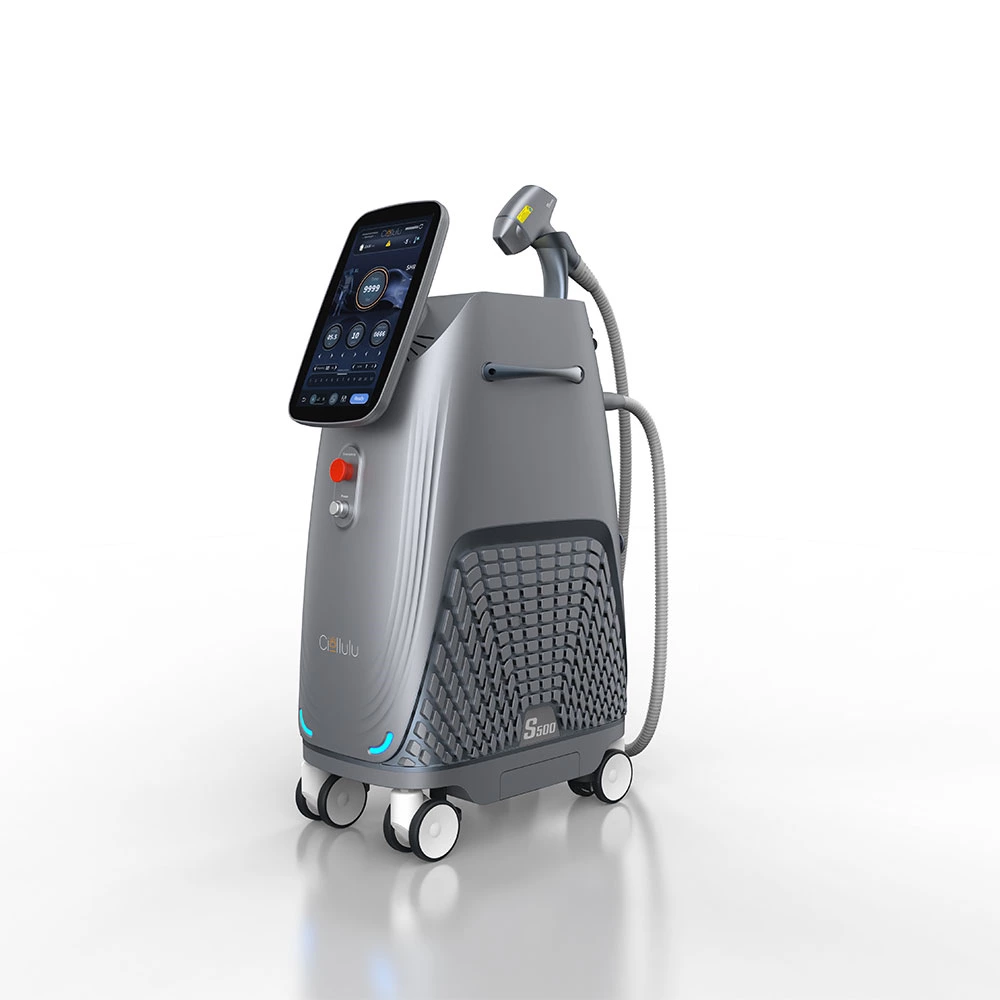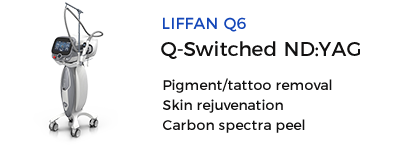Will Laser Hair Removal Remove Tattoos? Understanding the Differences
| Visit:108

Will Laser Hair Removal Remove Tattoos? Understanding the Differences
Introduction
The demand for cosmetics procedures continues to grow, with laser hair removal and tattoo removal being two leading treatments. Questions often arise about whether these procedures interfere with each other or produce unexpected outcomes. Specifically, a common query is, "Will laser hair removal remove tattoos?” To address this concern, we need to delve into the principles of these distinct technologies and their implications on the skin.
Laser Hair Removal vs. Tattoo Removal: What's the Difference?
Laser hair removal and laser tattoo removal utilize laser technology, but in reality, they are vastly different procedures with unique objectives.
Laser hair removal targets the pigment (melanin) within hair follicles. The laser's heat damages the follicle, preventing future hair growth. This treatment primarily focuses on the superficial layers of the skin and is not designed to damage or remove deeper pigments.
On the other hand, laser tattoo removal involves a more complex procedure. It focuses on shattering the tattoo ink particles present deep within the skin layer. This allows the immune system to flush them out gradually, fading the tattoo over time. This process requires much higher energy lasers that penetrate deeper into the skin layers than hair removal lasers.
Will Laser Hair Removal Remove Tattoos?
The simple answer is: Yes, laser hair removal can potentially affect tattoos if performed over them. This is because the lasers utilized in hair removal target pigment and can thus disrupt the pigments in your tattoo, leading to tattoo colour fading or distortion.
However, it is important to note that laser hair removal is not an alternative or an effective method to remove tattoos for the simple reason that the lasers used do not have enough power to shatter ink particles like tattoo removal lasers.
A professional performing laser hair removal will typically avoid areas with tattoos, as the heat from the laser can cause severe discomfort and lead to adverse side effects. It is therefore recommended that patients inform their technician about any tattoos prior to undergoing laser hair removal.
Understanding the Risks
There are risks associated with performing laser hair removal over a tattoo. The process can cause a change in the appearance of the tattoo, including fading or color changes. In some cases, there is a risk of burns or painful blistering due to the concentrated heat from the laser. As with any cosmetic procedure, it is important to have a thorough understanding of these risks before proceeding with the treatment.
In conclusion, although both laser hair removal and tattoo removal rely on laser technology, the exact lasers and procedures used vary significantly. While both target pigment, their modes of action, depth of penetration, and potential outcomes are vastly different. Further information on these procedures can be found at https://www.ciellulu.net/. To ensure patient safety and preserve the integrity of a tattoo, professionals should not perform laser hair removal over tattooed skin.
Understanding the science and principles behind these procedures can help clinicians respond to patient concerns with knowledge and assurance, ensuring optimal treatment outcomes. Remember, when it comes to laser procedures, education, expertise, and the correct equipment matter significantly in attaining the desired results.
Source: Will Laser Hair Removal Remove Tattoos? Understanding the Differences




 Ciellulu Laser - Facial Machine Supplier
Ciellulu Laser - Facial Machine Supplier

